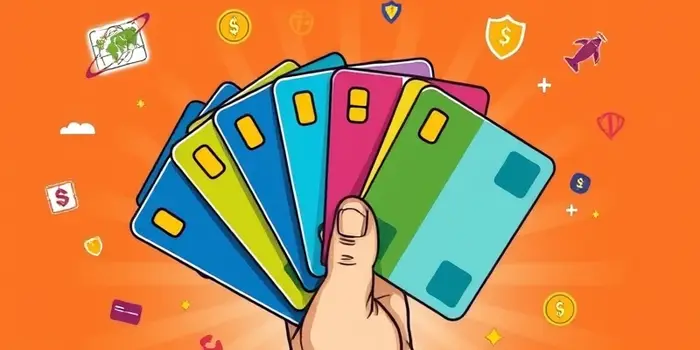
Opening the door to the world of credit cards can feel empowering. Your first credit card often represents a milestone—your entry into financial independence. Yet, stopping at that single plastic piece can limit both your rewards earning potential and your long-term resilience. In today’s evolving payment ecosystem, relying solely on one card can expose you to unnecessary risks and missed opportunities. By the end of this article, you’ll understand why diversifying your wallet is not only prudent but essential for achieving greater financial flexibility.
To frame our discussion, consider the landscape of credit card usage in the United States:
These numbers reveal that most Americans hold multiple cards, optimize their spending, and rely heavily on plastic over cash. It’s clear that the days of a single-card strategy have passed.
Your first card is often a general-purpose or student card with modest limits and basic features. While it serves as a stepping stone, expanding your wallet brings enhanced purchase protection and the chance to tap into specialized benefits—travel perks, grocery rewards, or rotating cashback categories. Each card offers a unique value proposition tailored to specific spending categories.
Spreading your charges across several accounts can also improve your credit utilization ratio. Instead of maxing out a single limit, multiple cards raise your total available credit, keeping utilization in a healthy range under 30%. This optimization helps you build a robust credit profile over time, making it easier to qualify for premium cards and loans at favorable rates.
One of the most compelling reasons to hold multiple cards is to harvest a wider array of rewards. Credit card issuers compete fiercely for your loyalty, offering lucrative introductory bonuses, category-based multipliers, and travel statement credits. By strategically aligning each card with your spending habits, you can:
Pairing a flat-rate cashback card with a travel-centric rewards card allows you to capture value in every transaction. This strategic card diversification ensures you never miss out on a bonus opportunity.
Imagine traveling abroad only to have your sole credit card declined. Without a backup, you could face significant inconvenience or even safety issues. Maintaining multiple active cards provides a built-in fail-safe—if one account is compromised or unexpectedly shut down, you still have access to funds.
Moreover, responsibly managing several cards over time demonstrates to lenders that you’re adept at handling varied credit lines. This history can increase your odds of qualifying for products with lower interest rates, higher limits, and premium perks. In fact, as your credit score climbs, you’ll unlock exclusive premium card offers reserved for top-tier consumers.
Diversifying your credit card lineup doesn’t have to be overwhelming. Follow these actionable steps to build a balanced portfolio:
Regularly review your wallet every six months. Consider downgrading underused cards or requesting limit increases on top performers to maintain an optimal utilization ratio.
More cards means more statements and due dates to monitor. Falling behind on payments can incur fees, spike your APR, and damage your credit score. Fortunately, you can implement simple habits to stay organized:
By combining strong organizational habits with a strategic card lineup, you transform potential complexity into financial empowerment and control.
Your first credit card marks the beginning of an ongoing financial journey—not the destination. Holding multiple cards calibrated to different spending categories maximizes your ability to earn rewards, safeguard your credit, and adapt to life’s twists and turns. As digital payment innovation continues—contactless wallets, modular credential cards, and AI-driven spending insights—your wallet must evolve in tandem.
By diversifying your credit lineup, you seize control of your financial future. You’re no longer beholden to a single plastic card but empowered with multiple avenues of growth and protection. So, the next time you’re tempted to rest on your laurels with your first card, remember: your journey has only just begun.
References













